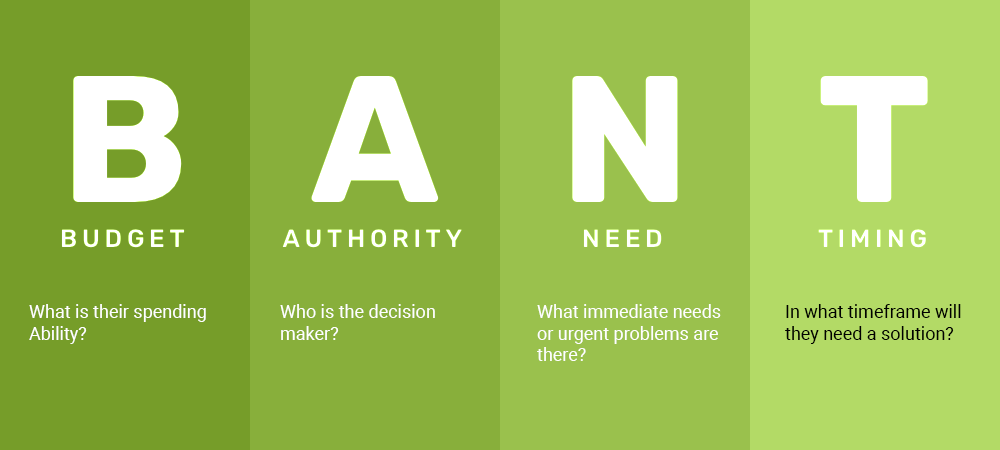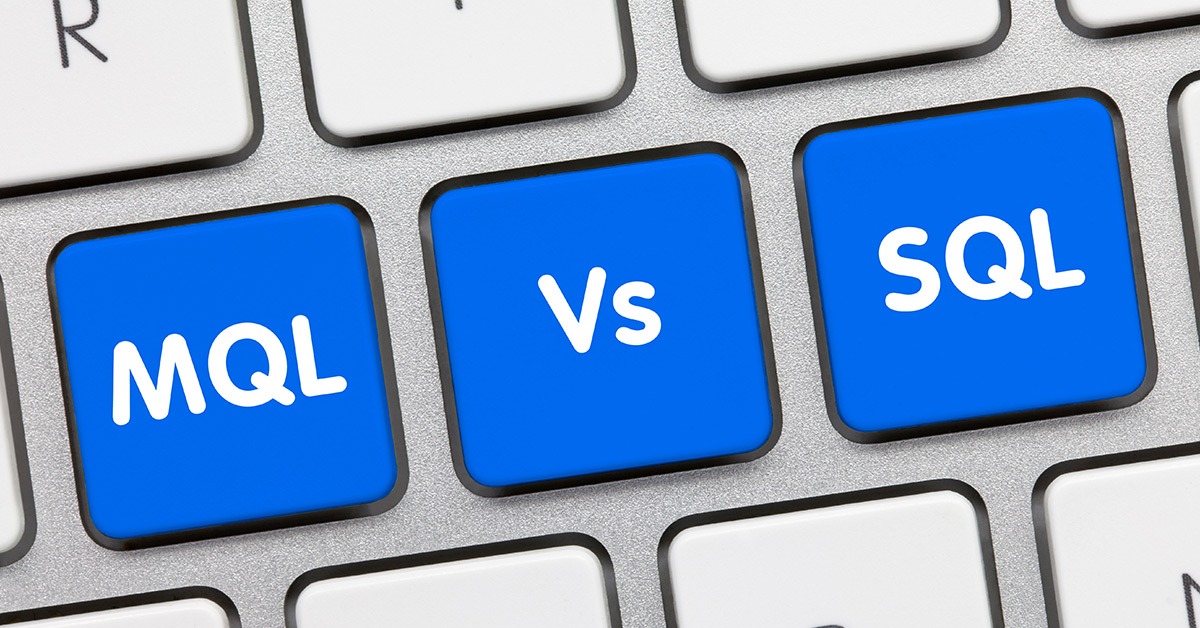If you’re in the business world, you’re probably no stranger to acronyms. But when it comes to MQL and SQL, understanding these terms and their significance could be pivotal to your business’s success. So what exactly are MQL and SQL? And how do they impact your business? Let’s dive in!
What Are Leads?
Leads are potential customers who’ve shown some level of interest in your product or service but have yet to make a purchase. They are the lifeblood of any business, acting as the first step in a customer’s journey from awareness to purchase.
The Importance of Leads in Business
Without leads, businesses wouldn’t have customers, and without customers, well, you get the picture. Leads from the beginning of your sales funnel make them an integral part of any business strategy.
There are many criteria to consider when evaluating leads, such as:
Lead Firmographics
Comparing a new lead’s firmographics to your current base of those that completed the customer journey is another way to distinguish between MQLs and SQLs. In other words, consider whether a lead fits your ideal customer profile (ICP) before you decide on the resources you’ll invest..
Here are some firmographics that may be important to consider when evaluating a lead:
- Industry
- Whether the company is public or privately held
- Company revenue
- Number of employees
- Percentage of remote workers
- Lead’s organizational role
- Technology stack details
- Lead source
- Lead Behavior Evaluating a lead’s behavior on your website can reveal whether a lead is an MQL or an SQL.
Here are some things to consider when determining a lead’s level of interest.
- Number of visits — first time or repeat
- Types of conversions — downloading a guide vs requesting a demo
- Pages viewed — careers or blog vs pricing
Lead Scoring
Lead scoring is the process of assigning a weighted value to a lead based on specific actions they take on your website. A lead scoring strategy may also consider how they’ve engaged with your brand on third-party sites, such as G2 Crowd or Capterra.
Here are some example actions with associated values:
- Downloaded a technical white paper, +5 points
- Visited the pricing page, +10 points
- Clicked on a paid ad to find your website, +5 points
- Accessed the knowledge base (for customers), -5 points
- Visited the “We’re Hiring” page — and little else, -10 points
Assigning negative values to interactions that don’t reflect a genuine interest in your solutions is essential for understanding a visitor’s intent. The aim is that the overall score will reflect a lead’s value, allowing you to prioritize resources and develop the sales strategy going forward.
MQL (Marketing Qualified Leads)
Definition and Features
MQL or Marketing Qualified Leads refer to individuals who’ve engaged with your marketing efforts but need more time to receive a sales call. They’re a step up from regular leads – showing increased interest, but they need more time to be ready to buy.
When does a Lead Become an MQL?
A lead becomes an MQL when they engage deeper with your marketing efforts. This could be downloading a whitepaper, subscribing to your newsletter, or spending significant time on your website.
Identifying MQLs helps marketing teams focus their efforts on the leads most likely to convert, making the marketing process more efficient and cost-effective.
SQL (Sales Qualified Leads)
SQL or Sales Qualified Leads are the cream of the crop. These are leads that your sales team has deemed ready for the next step in the sales process – often a direct sales pitch or a demo of your product or service.
When does an MQL Become an SQL?
A marketing qualified lead (MQL) that fulfills the BANT criteria is deemed eligible for the sales qualified lead (SQL) distinction and can be handed over to the sales team in the majority of organizations.
BANT represents a sales qualification process that assesses the likelihood of a lead making a purchase based on the following factors:
- Budget: The lead has a budget that aligns with your solution’s price.
- Authority: The lead possesses decision-making power or holds an influential role.
- Need: The lead expresses pain or a problem that your solution can solve.
- Time: The lead demonstrates a sense of urgency or specifies a target purchase date.
In most cases, sales teams should promptly engage with leads that meet the BANT criteria or other lead qualification standards.

Importance and Benefits of SQL
Identifying SQLs helps sales teams prioritize their efforts on leads who are ready to buy, improving conversion rates and making the sales process more efficient.
Comparing MQL and SQL
Similarities
Both MQLs and SQLs are essential to your sales funnel. They represent engaged individuals more likely to become customers than standard leads.
Differences
While both are qualified leads, their readiness to buy is the main difference. MQLs have engaged more than usual with your marketing efforts but need more time to be ready to purchase. On the other hand, SQLs are showing buying intent and are ready to take the next step.
Why Understanding MQL vs. SQL Matters to Your Business
Knowing the difference between MQL and SQL can help you better understand your sales funnel. You’ll be able to identify where a lead is in their buying journey, allowing you to tailor your strategies accordingly.
Improved Conversion Rates
By distinguishing between MQL and SQL, you ensure that the right leads are getting the right messages at the right time. This leads to more effective marketing and sales efforts, ultimately boosting your conversion rates.
Optimized Marketing and Sales Strategies
With a clear understanding of MQL and SQL, your marketing and sales teams can work together more effectively. Marketing knows when to hand over the leads, and sales know when to close the deal, optimizing your entire business strategy.
Strategies to Convert MQL to SQL
Nurture Your Leads
One key strategy to convert MQL to SQL is lead nurturing. This involves building relationships with your leads through consistent and personalized communication, making them feel valued and understood.
Effective Communication
Clear and effective communication between your marketing and sales teams is crucial. Marketing needs to inform sales about the leads’ behavior, while sales need to provide feedback to marketing about the leads’ responses.
Content Marketing
Another effective strategy is content marketing. Providing valuable and relevant content to your leads can help move them along the sales funnel, converting MQLs into SQLs.
Conclusion
Understanding the difference between MQL and SQL is essential for your business’s growth and success. By distinguishing between the two, you can optimize your marketing and sales efforts, improve your conversion rates, and ultimately boost your bottom line. It’s not just about understanding the terms but knowing how to apply this knowledge to make strategic business decisions.
Keep Reading
Want more? Here are some other blog posts you might be interested in.
The MVP—Minimum Viable Product—has become gospel in startup circles. Build fast, test fast, fail fast. But in today’s crowded market, viability ...
The startup myth goes like this: work 20-hour days, pivot constantly, chase the high of the new. That’s what makes a ...
Most founders build their first leadership teams for speed, comfort, and alignment. Understandably, you’re strapped for time and need people who ...
For founders and growing companies
Get all the tips, stories and resources you didn’t know you needed – straight to your email!



